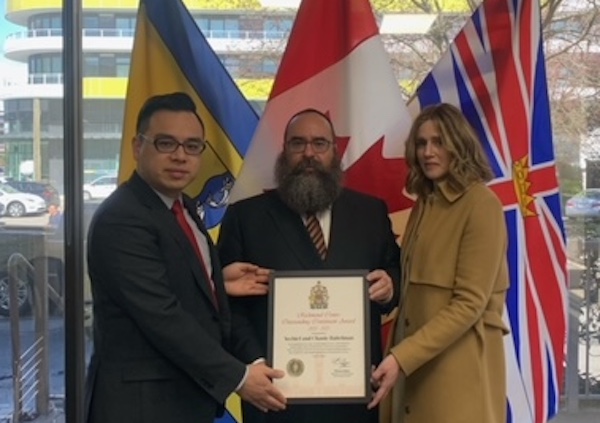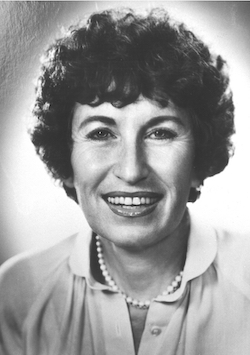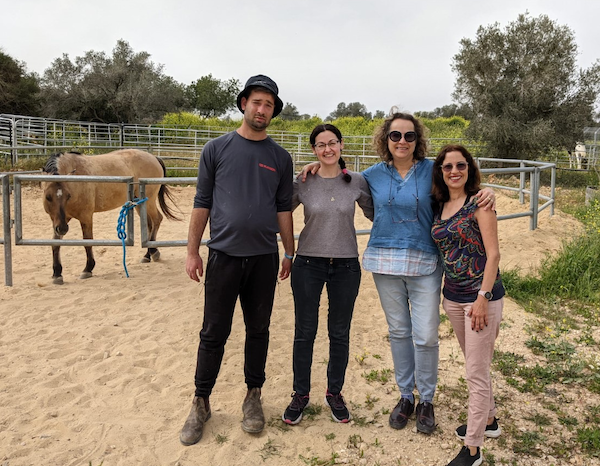The Centre for Israel and Jewish Affairs has developed an online “election hub” for navigating the issues.
Topics that might be considered “Jewish issues” in a political context are generally more federal in nature. Foreign affairs as they relate to Israel are top of mind for Jewish voters, as are things like hate crimes and discrimination, which fall under criminal law and national legislation.
Jewish advocacy organizations, of course, have generally stressed that all issues are Jewish issues in that they affect Jewish citizens. Jewish values of tikkun olam and social justice more broadly have often guided Jewish voters and their constituent agencies to emphasize initiatives like poverty reduction, housing and social welfare, as well as multicultural harmony.
The British Columbia election Oct. 19 has perhaps been imbued with added relevance for Jewish voters given events of the past months. Public security, which is a responsibility of all levels of government, has been front of mind for Jewish individuals and agencies because of the spike in antisemitic rhetoric, threats and incidents, especially since the Oct. 7 terror attacks in Israel of a year ago. Not unrelatedly, the removal of the Jewish community’s voice in government, former cabinet minister Selina Robinson, over remarks about the historic nature of the land on which Israel was reestablished, and her subsequent resignation from the BC New Democratic Party caucus, has to some extent undermined the relationship between the current government and many members of the Jewish community.
The Centre for Israel and Jewish Affairs has developed an online “election hub” for navigating the issues.
“Jewish voters in BC have several things to consider when they cast their ballot,” Nico Slobinsky, vice-president for the Pacific region of CIJA, told the Independent in a statement. “This election season falls in the middle of the Jewish High Holy Days and the first anniversary of the Oct. 7 terrorist attacks committed by Hamas. During this time, it is important that we consider policies that strengthen family, community and safety for all that are targeted by hate. I encourage community members to educate themselves on the party platforms and to get involved in the democratic process by voting and volunteering.”
CIJA’s online resource includes information on voting, links to the platforms of the political parties and detailed information on issues CIJA and its constituents have identified as priorities.
“Our community is stronger when we all practise our democratic duty and vote!” said Slobinsky.
Among the topics CIJA identifies is the implementation of mandatory Holocaust education in the province’s educational curriculum. A year ago, the province committed to making education about the Holocaust mandatory in Grade 10. Until now, it was theoretically possible for a BC student to graduate without learning anything about the Shoah. CIJA contends that Holocaust education “meaningfully reinforces ‘never again,’ and encourages responsible citizenship for all British Columbians.”
Relatedly, CIJA is calling on the next government to collect and publish data pertaining to hateful incidents or cases of discrimination reported in the province’s kindergarten to Grade 12 education system and to implement training programs for all staff in BC schools around various manifestations of hatred.
On hate crime and related incidents, CIJA is asking the government to mandate the public reporting of hate incidents by every police force across the province, a step they say would assist investigators in tracking offenders, as well as helping develop and implement strategies to keep communities safe. These data, CIJA suggests, should be disclosed in an annual report from the relevant government departments.
The government should also provide additional resources to strengthen existing police hate crime units and to fund the establishment of such units where they do not yet exist. Special emphasis should be placed on online hate, the resource hub recommends, as this is where individuals are often incited to carry out real-world hate crimes.
Crown prosecutors should be trained, and policy directives updated, to emphasize the public interest in addressing hate-motivated crimes, CIJA recommends. They also urge the government to increase support for safety and security at cultural and religious institutions where existing programs are not currently covering all expenses, including at places of worship, community centres, childcare facilities and summer camps.
On other issues, CIJA continues to press for continued and expanded government commitments to culturally appropriate long-term care, while also making life more affordable for seniors aging in place by reducing the costs of home care, renovations and health services not covered by the provincial health funding system. CIJA recommends more funding for culturally appropriate adult day centres and programming to prevent social isolation.
On the always relevant topic of real estate and affordability, CIJA calls on the future government to permanently exempt nonprofit housing societies from the obligation to pay the property transfer tax and to work with municipalities to adopt the provincial government’s housing income limits for units where a tenant’s rent is based on income.
Adopting a transparent standard for determining affordability, according to CIJA, would make it easier for not-for-profit affordable housing organizations to navigate municipal regulations. CIJA also recommends the government work with housing providers to ensure affordable housing options that accommodate ethnocultural communities, families, seniors, single parents, persons with disabilities and those with complex care needs.
Additional issues addressed in CIJA’s election hub include implementing a living wage strategy for frontline workers and ensuring adequate consultation with small employers and the not-for-profit sector.
“Whether they are single- or two-parent families, the government should ensure that these families earn enough to provide necessities including food, shelter, clothing, transportation and childcare,” the resource says. “Consultation will ensure that small employers and not-for-profits are adequately supported.”
CIJA calls for more affordable childcare spaces. More “culturally sensitive, high-quality, affordable childcare spaces would allow more parents to work outside the home and better support families financially,” says the guide.
The organization also calls for increased program funding and supports so families that have children with disabilities, children and youth with support needs and complex medical needs have timely, universal and portable access to care.
“This care includes early intervention assessments, family respite, medical and in-home support, and resources in schools,” says CIJA.
They recommend making the full amount of the $300 temporary income and disability assistance supplement permanent and to explore further increases, including to the annual earnings exemption. They urge the government to provide equitable and stable access to funding for ethnocultural service agencies that provide culturally appropriate food dignity programs, including for children and youth who do not have access to an affordable school lunch program.
In addition, CIJA calls on the government to lead a trade mission to Israel, inviting business leaders, policymakers, and provincial and municipal representatives to build relationships with Israel’s tech industry and learn best practices.
The election hub is online at www.cija.ca/bc_election_hub. Watch for more BC election coverage in upcoming issues of the Independent.













